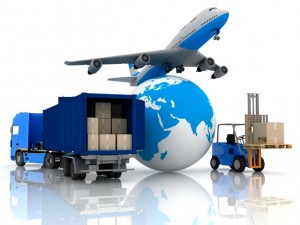International Donation Considerations

One of the wonderful things that medical shipping opens up in today’s globalized world is further international connection. It’s a noble and worthwhile thing to share tools that aid in healing, and a company that specializes in medical shipments is an essential part of that process. Before sending equipment overseas even reaches the stage of actual shipment, there are considerations to make the process more efficient and beneficial.
✫ Differentiation. It’s important to differentiate between unusable and viable equipment. While there’s an understandable desire to send any machinery that’s being replaced to a place in need, it won’t work unless the equipment can still perform well. This consideration extends beyond a broken machine. The hospital doing the shipping needs to think not only about the equipment but about what’s needed to operate it and whether or not the recipient has those resources. Not everything should be shipped only to then be sorted; sort before deciding what to ship.
✫ Medication. While it seems a shame to waste anything, it’s not useful to ship expired medication. Old but workable equipment that’s replaced by something else in one hospital might well work in another, but expired medication won’t work anywhere.
✫ Specificity. Sometimes impoverished nations are lumped together and are assumed to need everything and anything. It’s both more efficient and more beneficial to ship what’s actually needed to particular areas. If things are sent to places where this isn’t a need for them, it’ll simply cost time, energy, and money to recycle or waste them.
✫ Sustainability. It’s helpful to learn about the places where shipment is going and think about ways in which to sustain long-lasting healthcare. This may include training people how to use and maintain certain equipment, or finding equipment that not only matches particular need but also that which people are familiar with.


